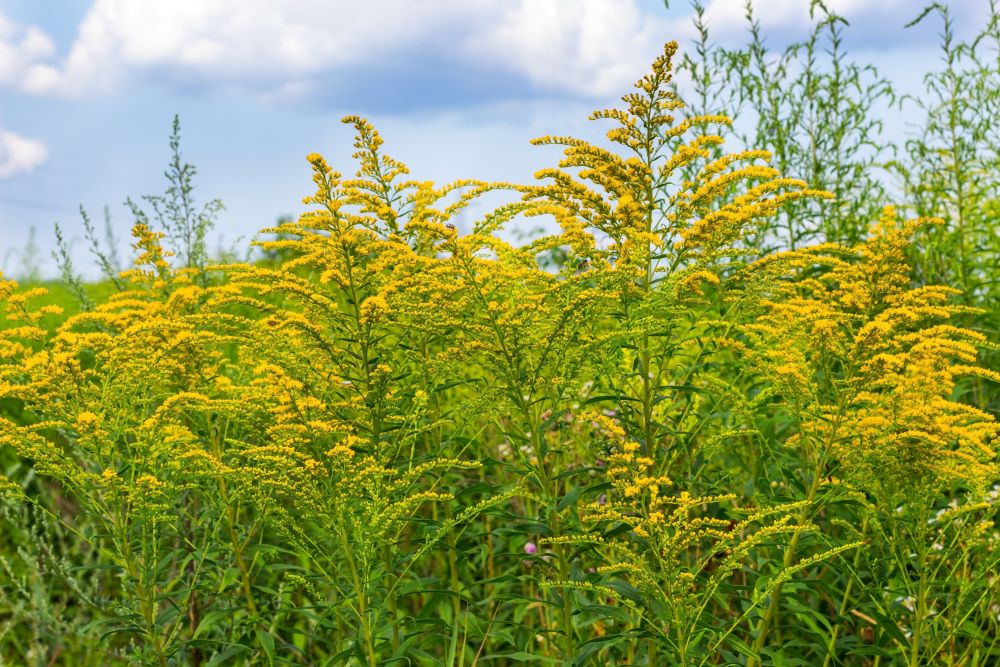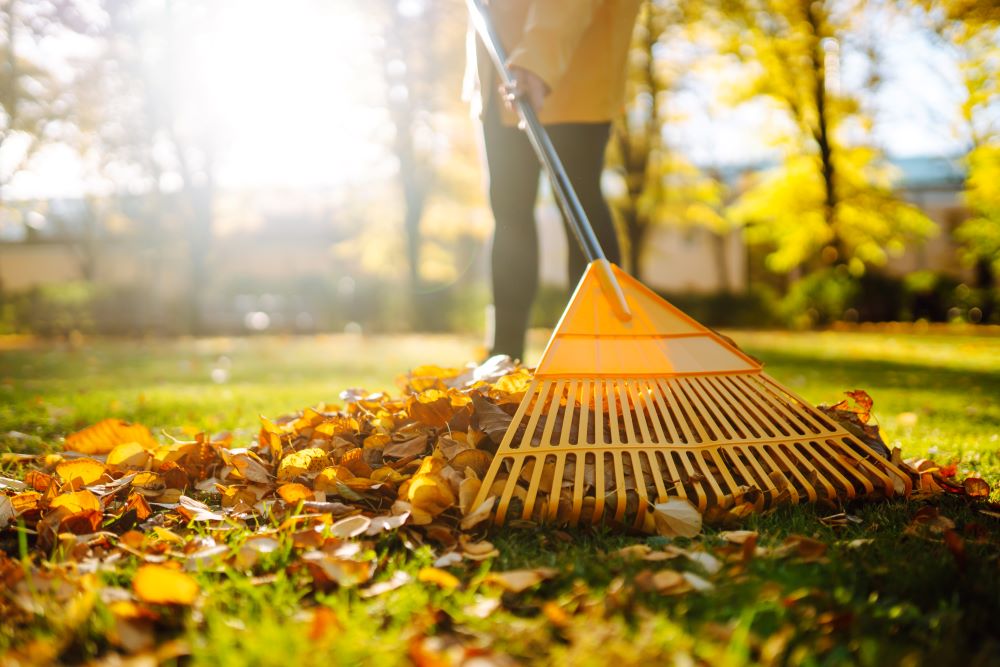Fall. The season for sweater weather, pumpkin spice everything and…copious sneezing and congestion? Yes, for many of us, fall brings the unwelcome guest of seasonal allergies. But fear not! With a few simple strategies, you can enjoy all the autumnal delights without the sniffles and sneezes. Here’s how to manage those pesky fall allergies and keep your spirits high:
1. Know your triggers.
First things first, identify what’s causing your allergies. Common fall allergens include ragweed pollen, mold, and dust mites. Ragweed pollen can travel hundreds of miles. Even if it’s not in your backyard, it can still affect you. Mold thrives in all the damp, fallen leaves. And dust mites love to cozy up in your home as you close the windows against the cooler air. If you can’t identify what’s causing your allergies, speak with your doctor.

2. Keep the outdoors, outdoors.
As much as we love the crisp fall air, it’s best to keep it outside. Close your windows and doors, especially on windy days when pollen counts are high. Use an air purifier with a HEPA filter to keep indoor air clean. And don’t forget to change your HVAC filters regularly; the CDC recommends changing them every three months, but it’s best to follow the manufacturer’s instructions.
3. Keep the house clean.
Regular cleaning can help reduce allergens in your home. Vacuum with a HEPA filter to trap allergens, and dust with a damp cloth to avoid stirring them up into the air. Don’t forget to clean your bedding, too – use hot water weekly (or as often as possible) to kill pesky dust mites. And if you’ve been outside for long periods of time, consider changing your clothes and shower to remove pollen from your skin and hair.

4. Manage those symptoms.
Over-the-counter remedies such as antihistamines, decongestants, and nasal sprays can provide relief from allergy symptoms. However, it’s always best to consult with your healthcare provider before starting any new medication. For a natural approach, ask your doctor about a saline nasal rinse to clear out nasal passages.
5. Boost your immunity as best you can.
A strong immune system can help your body handle allergens better. Eat a balanced diet rich in fruits, vegetables, and whole grains. Stay hydrated, get plenty of sleep, and consider supplements like vitamin C and probiotics to support your immune health.
6. Stay informed of outdoor conditions.
Keep an eye on local pollen forecasts and plan your outdoor activities accordingly. Websites and apps can provide daily updates on pollen levels in your area. On high pollen days, try to stay indoors during peak times, usually mid-morning to early afternoon.

Use these tips to help you can embrace the beauty of fall without the allergy blues. Breathe easy knowing you’ve got your fall allergies under control. Happy fall.


